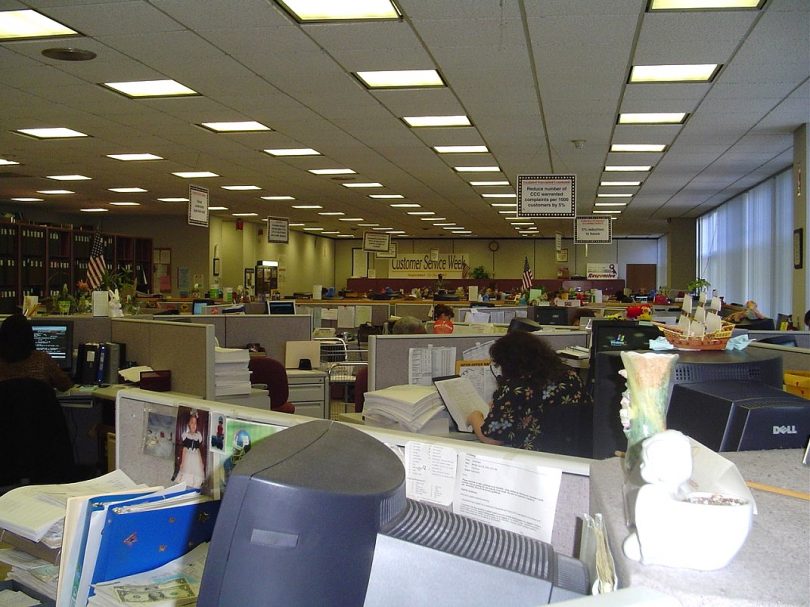The days of employees chained to desks using desktop computers are over. Thanks to the ever-evolving pace of technology, it is now possible for employees to use smartphones, tablets and laptops in any corner of the world as long as there is a Wi-Fi connection.
In this article, we discuss ways that you can get your business to become more agile, and keep up-to-date with tomorrow’s technology today!
What exactly is business agility?
Business agility is a style of business management that enables firms and other types of organisation to quickly and cost effectively adapt to changes in their working environment, and to the business world as a whole.
It is also a way of maintaining and evolving your firm’s goods and services to meet the ever-changing needs of your customers. This management concept integrates flexibility, adaptability, balance and coordination under one area.
How can I get my business to become more agile?
The idea of getting a business to become more agile may seem somewhat daunting and perhaps even intimidating, especially if you have no idea of what is really involved. But the truth is, and when you think about it, becoming more agile is a fairly straightforward concept, if you truly focus on agile.
Here’s why:
Adapting the workplace – as mentioned in the beginning of this article, the technological advancements of communicating with one another means that we no longer have to be stationed at a desk all day long. Smartphones, tablet computers and laptops enable us to email and communicate with our colleagues and customers in many other ways.
Implementing Wi-Fi in your workplace means that employees such as salespeople who are often out on the road attending customer meetings can check in at HQ from practically anywhere in your building without needing a dedicated desk and computer terminal. And similarly, customers and other people visiting your offices can easily go on the Internet using your wireless Internet connection and their own devices.
Remote working – getting your staff to work remotely is also a great way of saving money, because they won’t be in the office using your electricity to do their work! Cloud computing is also an efficient and in most cases free way of enabling your employees to transfer files from their computers to work and vice-versa.
Become more environmentally friendly – businesses produce a lot of waste, and this in turn means that you could be unnecessarily spending money on new items such as stationery and even on electricity because of devices being left on all the time.
Make your office as paperless as possible; only print out stuff when you need to, and use your computer or tablet to illustrate any points you need to make to other colleagues where you would have otherwise printed something out and put it on their desk. Email is useful for internal communications as well as external.
And to keep your utility bill costs down, invest in more energy efficient hardware that enables them to “stand by” without using much electricity. Desktop computers don’t need to be left on standby when employees go home after a day’s work – get them to turn their desktops off and turn any lights off when the last person leaves the office.







